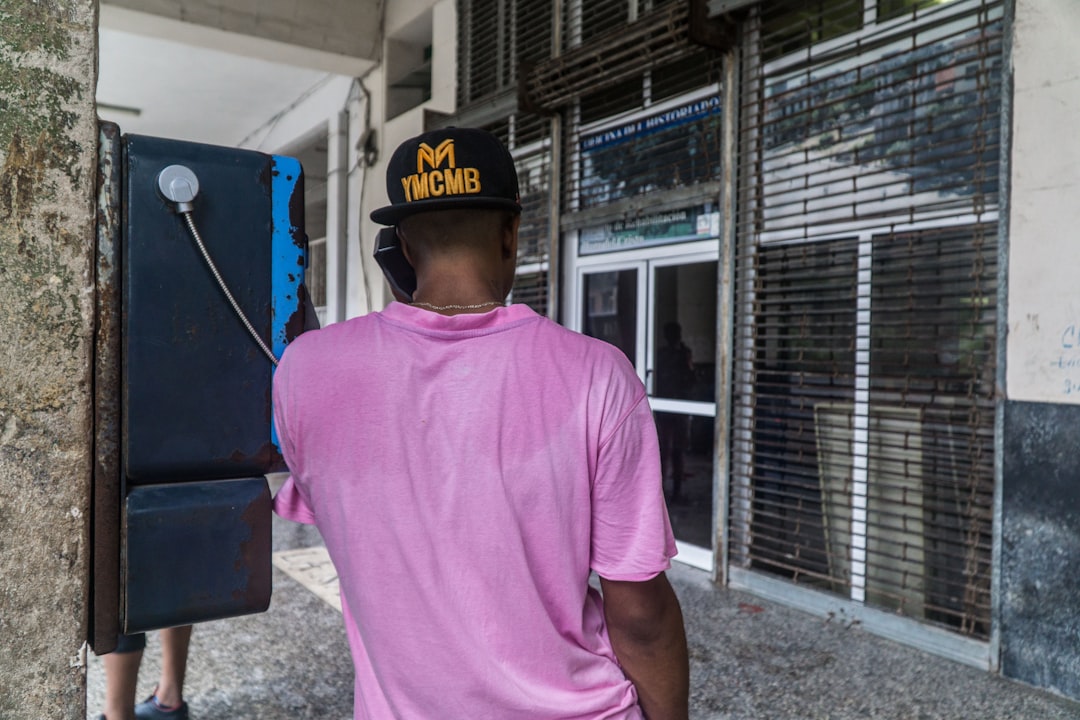Rhode Island nonprofits face stringent anti-spam laws, including the TCPA. To comply and protect their operations, they should consult specialized Spam Call Law Firm or TCPA Lawyers in Rhode Island. Advanced phone systems with AI spam filtering, staff training to recognize spam tactics, and prompt reporting are key. Partnering with legal experts helps nonprofits navigate regulations, implement blocking systems, and create a safer environment for communications, using resources like How to Stop Spam Calls Rhode Island.
In Rhode Island, non-profit organizations face a growing challenge from spam calls, which can disrupt operations and dilute mission-critical communication. This article equips nonprofits with comprehensive strategies to combat this issue. We explore Rhode Island’s spam call laws and regulations, offering practical insights on implementing technical solutions for effective blocking. Learn how staff and volunteer training in identifying and reporting spam enhances defense, and discover the benefits of partnering with legal experts specializing in TCPA compliance and spam call defenses. Key words like ‘How to Stop Spam Calls Rhode Island’, ‘Spam Call Law Firm Rhode Island’, and ‘TCPA Lawyer Rhode Island’ guide this essential resource.
Understanding Rhode Island's Spam Call Laws and Regulations
Rhode Island has specific laws and regulations in place to combat spam calls, which are unwanted telephone marketing calls. Understanding these laws is a crucial step for nonprofits seeking to protect their phone lines and donors from intrusive and illegal spamming practices. The Telephone Consumer Protection Act (TCPA) is a federal law that restricts the number of automated or prerecorded calls made to consumers without their prior consent. In Rhode Island, this law is enforced by the Attorney General’s Office, which takes action against violators, including nonprofits that inadvertently engage in spamming activities.
Nonprofits should familiarize themselves with the TCPA and local regulations to ensure they are not breaking any laws. This may involve consulting a spam call law firm or spam call lawyers in Rhode Island who can guide them on best practices for blocking and preventing such calls. By adhering to these guidelines, nonprofits can maintain a professional and respectful relationship with their supporters while also enjoying the protections offered by how to stop spam calls Rhode Island legislation.
Implementing Technical Solutions for Effective Spam Blocking
Nonprofits in Rhode Island can significantly enhance their spam call prevention efforts by leveraging technical solutions designed to block unwanted calls effectively. Implementing robust phone systems equipped with advanced spam filtering features is a strategic first step. These systems employ artificial intelligence and machine learning algorithms to identify and block spam calls based on patterns, keywords, and call metadata. By integrating such technologies, nonprofits can automatically filter out telemarketers and robocalls while allowing legitimate communications.
Moreover, collaborating with reputable Rhode Island law firms specializing in telecommunications law, including TCPA (Telecommunications Act of 1997) compliance, can provide valuable guidance on the latest spam call prevention tools and legal protections. These lawyers offer tailored solutions to ensure nonprofits not only stop receiving spam calls but also have a solid defense against potential legal repercussions associated with unsolicited communications. With their expertise, nonprofits in Rhode Island can navigate the complex landscape of spam call laws while safeguarding their operations from intrusive marketing calls.
Training Staff and Volunteers to Recognize and Report Spam Calls
Training staff and volunteers is a critical step in Rhode Island nonprofit organizations’ spam call prevention strategies. Educating them to recognize common patterns and tactics used by spam callers can significantly reduce unwanted interactions. Teach them to listen for automated voices, repetitive or scripted messages, and pressure tactics aimed at extracting personal information.
Encourage employees and volunteers to report suspected spam calls promptly using the organization’s designated reporting system. This not only aids in tracking and identifying recurring offenders but also helps build a comprehensive database of known spammer numbers. By fostering a culture of awareness and proactive reporting, your Rhode Island nonprofit can better protect itself and its supporters from relentless spam call invasions, ensuring a more secure environment under TCPA regulations with the help of local law firms specializing in these matters.
Partnering with Legal Experts for Proactive Spam Call Defense
Nonprofits in Rhode Island often face an unprecedented surge of spam calls, which can be overwhelming and disruptive to their operations. To proactively defend against such unwanted interactions, partnering with legal experts specializing in TCPA (Telecommunication Consumer Protection Act) laws is a strategic move. These lawyers can offer tailored advice and implement effective measures to stop spam calls, ensuring your nonprofit’s peace of mind.
By engaging a reputable Spam Call Law Firm Rhode Island, you gain access to professionals who understand the intricacies of anti-spam legislation. They can assist in identifying potential vulnerabilities, implementing robust call blocking systems, and establishing guidelines for handling such incidents. With their expertise, your organization can navigate the complex legal landscape surrounding how to stop spam calls Rhode Island effectively, creating a safer environment for internal communications and donor interactions.






